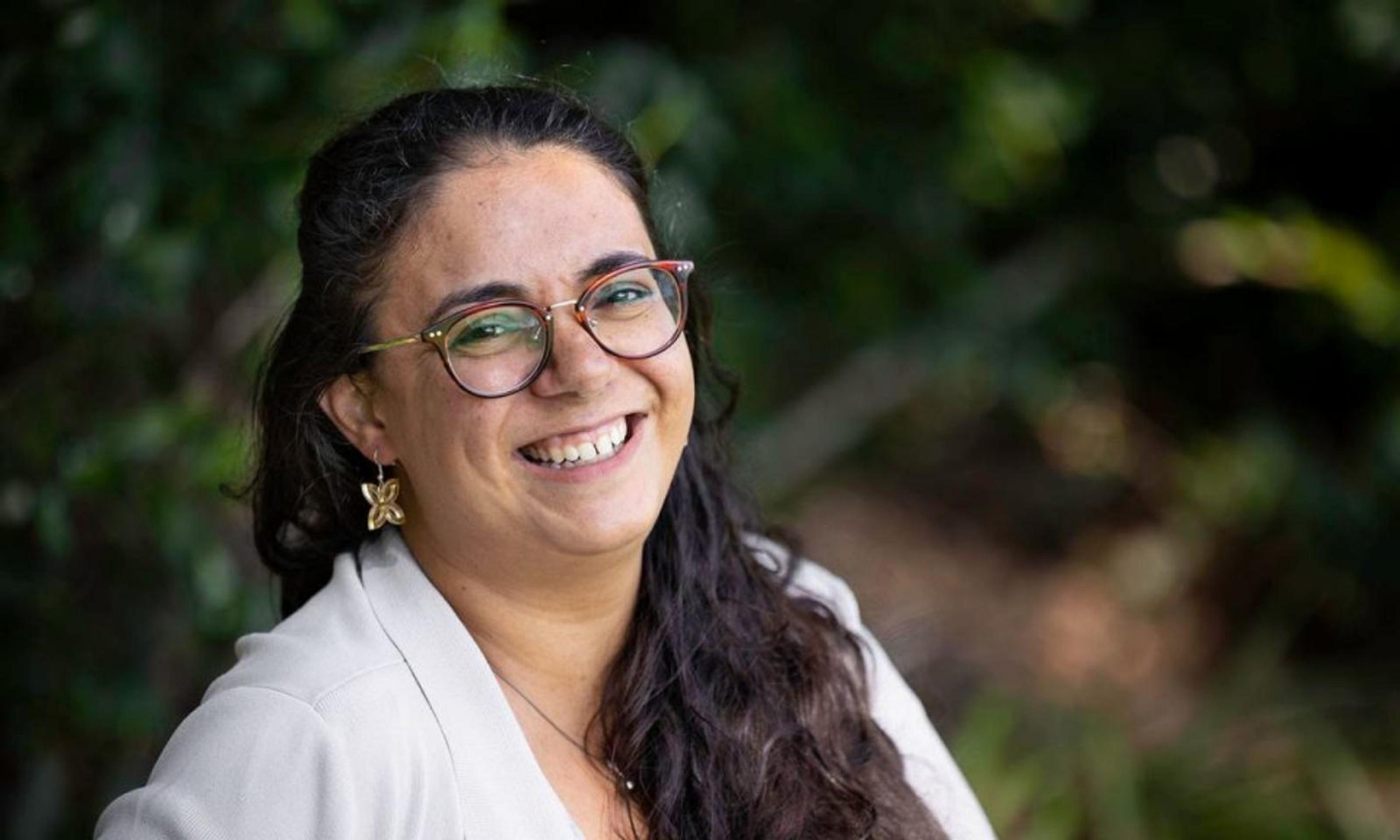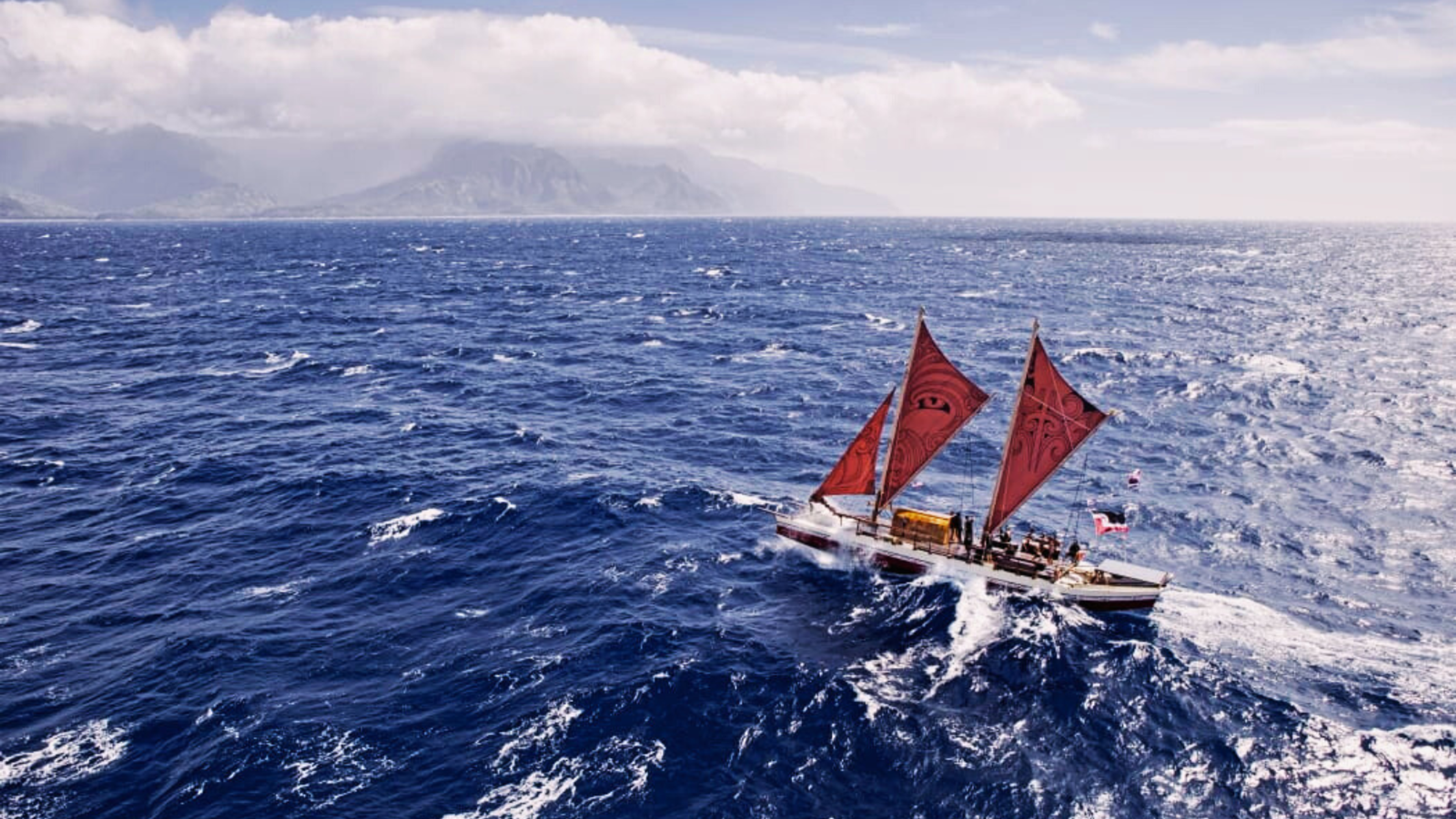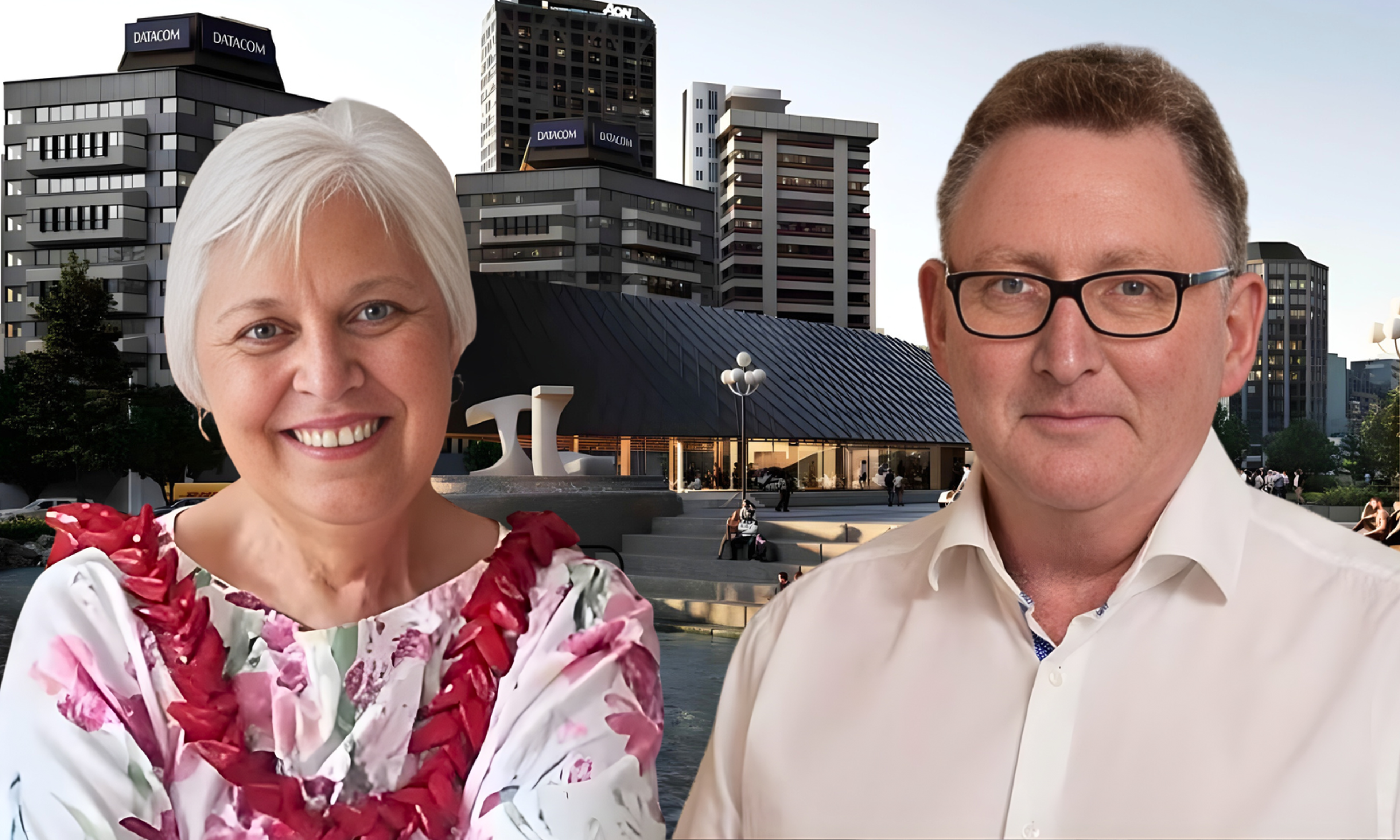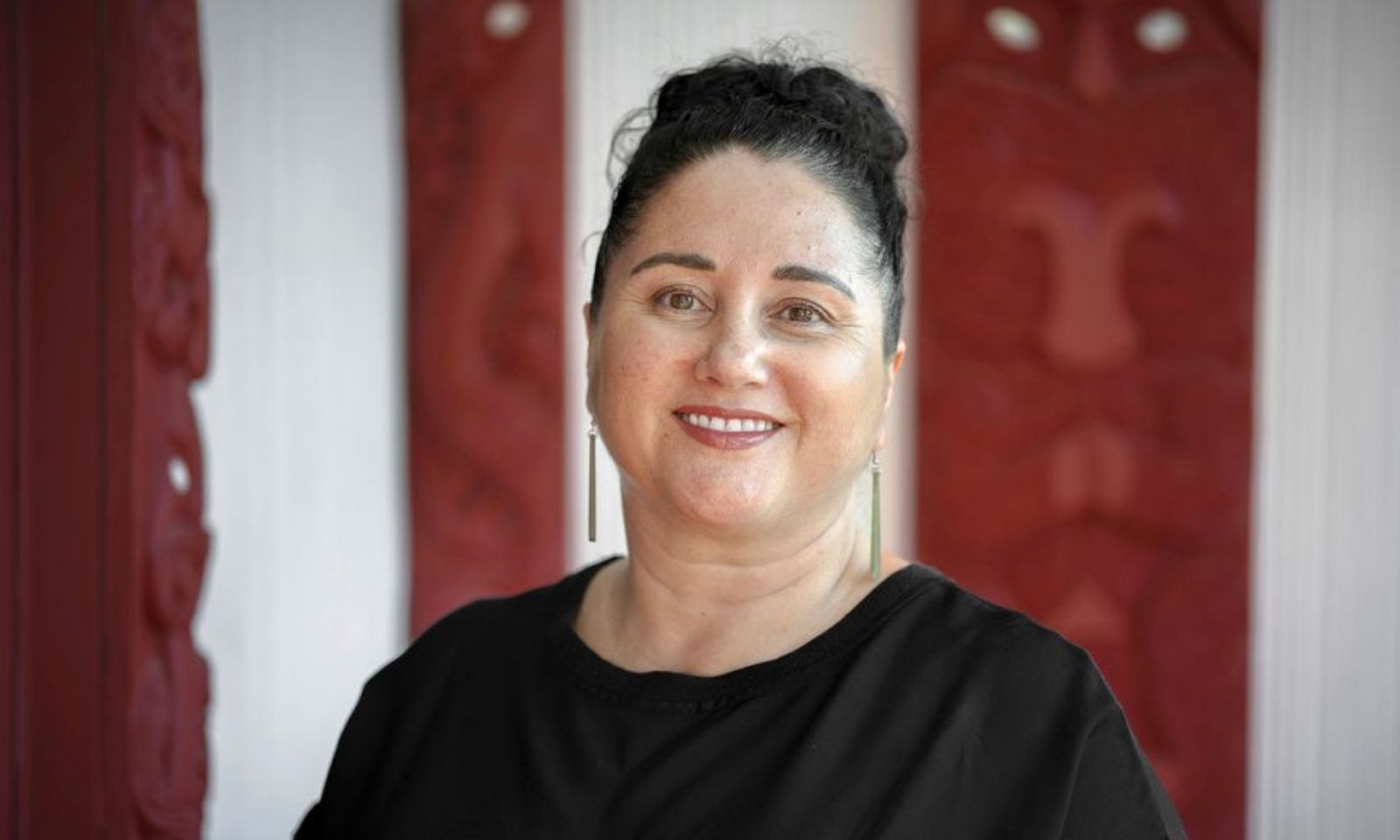

Associate Professor Sereana Naepi is a co-author of 'Highly Qualified Māori and Pacific Peoples in Aotearoa'.
Photo/University of Auckland/Elise Manahan
From lecture halls to leadership: Study finds that PhDs boost future of Māori and Pasifika
With higher incomes, better housing, and stronger volunteer networks, Māori and Pacific PhD graduates prove the power of education helps drive equity and community change.



New Pacific toolkit brings ancestral knowledge into Aotearoa classrooms





New Pacific toolkit brings ancestral knowledge into Aotearoa classrooms


A new study reveals Māori and Pacific PhD graduates are thriving in more ways than one, including overcoming inequities, higher incomes and community impact.
The research, Highly Qualified Māori and Pacific Peoples in Aotearoa, funded by Ngā Pae o te Māramatange (NPM), highlights how doctorates can transform lives.
This study found Māori and Pacific PhD graduates not only outperform their peers without doctorates, but also earn more than non-Māori, non-Pacific PhD holders in multiple key areas.
Speaking to William Terite on Pacific Mornings, Associate Professor Sereana Naepi, a co-author of the study, says the findings signal how education can equate to equity.
She says the biggest discovery is Māori and Pacific PhD graduates experience better employment and economic outcomes.
“We have a 75 per cent higher income than Pacific without PhDs,” Naepi says.
Listen to Sereana Naepi’s full interview below.
“But what’s interesting is that we have a 19 per cent higher income than non-Māori and non-Pacific PhD holders.
“So it's breaking inequity trends.”
She says Māori and Pacific PhD graduates have improved health and wellbeing outcomes, significantly lower health service utilisation and are more likely to be living in health-promoting areas, meaning they are more likely to be living in areas with less deprivation.
“We're more likely to work multiple unpaid voluntary jobs, so we're more likely to be giving back to our community,” Naepi adds.
“We have better housing and socioeconomic conditions, so we're more likely to own a home.
“So having a PhD changes your life compared to your Pacific peers, but also pushes us a bit in front of our non-Māori, non-Pacific peers.
“It is really exciting to know that education does make a massive difference.”

This study found Māori and Pacific PhD graduates not only outperform their peers without doctorates, but also earn more than non-Māori, non-Pacific PhD holders in multiple key areas. Photo/Unsplash
Despite these benefits, the study highlights how few Pacific people reach this level of education.
Between 2003 and 2022, there were just 438 Pacific PhD graduates in Aotearoa.
Naepi says this is why urgent investment is needed.
“This tells us that this is a really powerful tool for addressing inequity in our wider systems but we're just not investing in a way that means that Pacific students can do well,” she says.
“Only 30 per cent of Pacific students cross that graduation stage after six years…and that’s at undergraduate level.
“It tells us that there's a real urgency…to sort out our universities because it's going to sort out wider inequities.”

Between 2003 and 2022, there were just 438 Pacific PhD graduates in Aotearoa. Photo/Unsplash
The NPM study also connects these improved outcomes to broader social and economic benefits.
Professor Melinda Webber, NPM Pou Matarua, says decreasing barriers for Māori and Pacific could be key to reducing disparities in Aotearoa.
“It creates benefits for wider whānau, their communities, and society in general,” Webber says.
“While we are not saying it is necessary for everyone to go out and get a PhD if you want to live a good life, the study shows that the Government needs to continue to support higher education as a way to reduce current societal disparities and support positive Māori and Pacific futures,” Webber says.

Faculty of Arts and Education's Professor Melinda Webber is co-director of Ngā Pae o te Māramatanga, which is the Māori Centre for Research Excellence. Photo/University of Auckland
Naepi says higher incomes among Māori and Pacific graduates translate into greater contributions to the economy.
She adds more qualified Māori and Pacific means more societal benefits, such as tax contributions to rest homes, hospitals and healthcare.
“When you have one Pacific community member earning more money, it's more likely that you're going to see that benefit flow through the community,” Naepi says.
“Then we see higher volunteer rates because for whatever reason, if you have a PhD, you volunteer more than other Pacific and other non-Maori, non-Pacific with PhD holders.
“Volunteering, we know that that builds community strength - that's something to really think about.
“What is it about getting a PhD that means we end up in spaces where we want to be giving not just of our economic growth, but also of our time.”